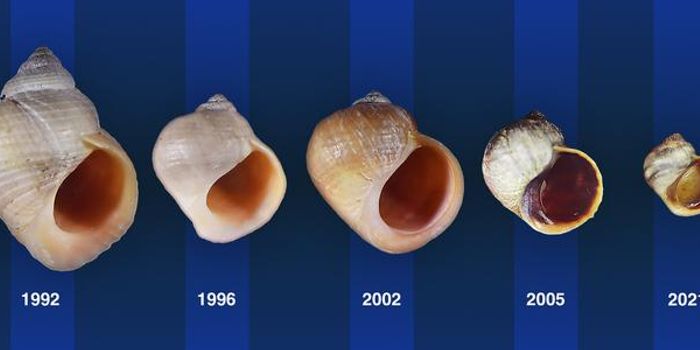Genetic Factors that Could Extend the Life of Golden Retrievers
One of the most popular dog breeds is the Golden Retriever. Unfortunately, these dogs are also at high risk for developing cancer. New research has investigated genetic factors that may be able to extend the lives of these beloved dogs. This work focused on longevity genes instead of those that have been associated with cancer, and led to the identification of gene variants that could extend the dogs' lifespan by as much as two years. The findings have been reported in GeroScience.
While most golden retrievers are predisposed to cancer, some of these dogs can live to be as old as 15 or 16 years. So the researchers thought that there might be genetic factors that were mitigating the effect of the cancer-related genes, noted co-corresponding study author Robert Rebhun, Maxine Adler Endowed Chair in oncology at the UC Davis School of Veterinary Medicine. The gene that had this effect was HER4.
HER4 is part of a group of human epidermal growth factor receptors. HER2 is a gene that is known to promote cancer cell growth, and is also a member of this family. Rebhun noted that since dogs get many of the same types of cancers that human get, this discovery may also be important for us.
"If we find that this variant in HER4 is important either in the formation or progression of cancer in golden retrievers, or if it can actually modify a cancer risk in this cancer predisposed population, that may be something that can be used in future cancer studies in humans," he explained.
In this work, the genomes of over 300 different golden retrievers were analyzed, and comparisons were made between dogs that had lived to be older than fourteen and dogs that had died before age twelve. Certain variants of the HER4 gene were found in dogs that lived longer, or for about 13.5 years instead of an average of 11.6 years.
"Almost two years is a significant difference in a dog's life," said co-corresponding study author Danika Bannasch, Maxine Adler Endowed Chair in genetics at the UC Davis School of Veterinary Medicine. Those added years in dogs are the equivalent of about thirteen years for humans. "Wouldn't we all want our beloved pets to live another two years?"
As for cancer in dogs, this gene is only one factor in a complex picture. "There are going to be many genes involved, but the fact that the gene associated with longevity is also a gene involved in cancer was really interesting to us."
Notably, the HER4 variant was more influential to the lifespan of female dogs compared to male dogs. HER4 is known to interact with some hormones and could be related to the breakdown of toxic substances from the environment.
Now, the researchers are interested in confirming these findings in more dogs and studying how the gene variant affects HER4 gene activity or function.
Sources: University of California, Davis; GeroScience









